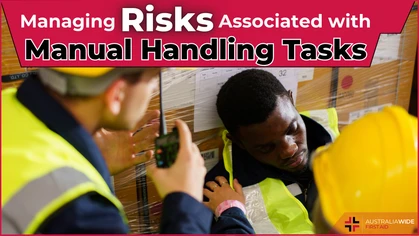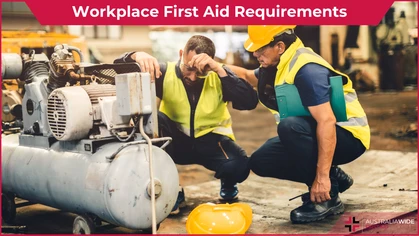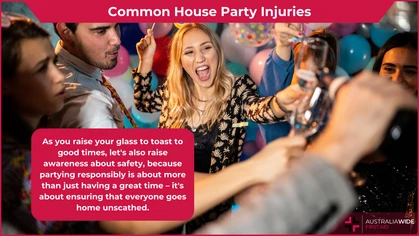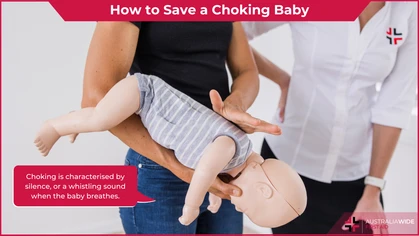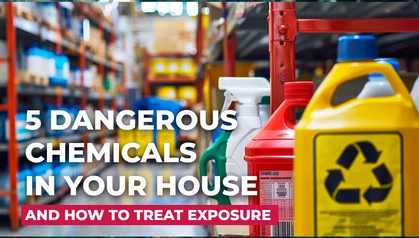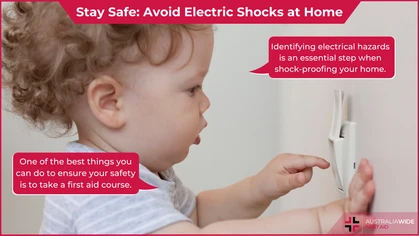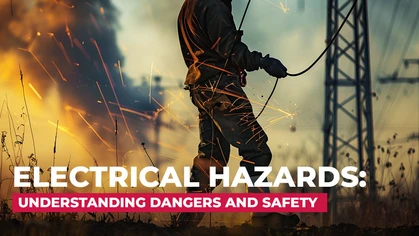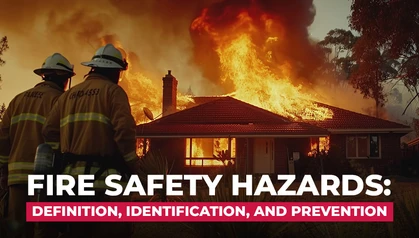Essential First Aid Kit Items for Home Bakers

Danger
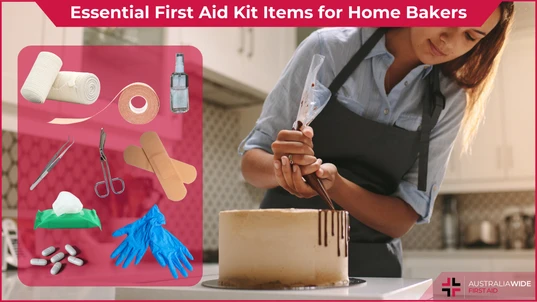 Baking is a delightful and rewarding hobby, allowing you to create delicious treats and savoury delights right in the comfort of your home.
While baking is generally considered a safe activity, accidents can happen in any kitchen.
As a responsible home baker, it's beneficial to have a well-equipped first aid kit on hand to handle minor injuries that may occur.
In this article, we'll guide you through the essential items you should have in your first aid kit for your home bakery.
Baking is a delightful and rewarding hobby, allowing you to create delicious treats and savoury delights right in the comfort of your home.
While baking is generally considered a safe activity, accidents can happen in any kitchen.
As a responsible home baker, it's beneficial to have a well-equipped first aid kit on hand to handle minor injuries that may occur.
In this article, we'll guide you through the essential items you should have in your first aid kit for your home bakery.
Common Kitchen Injuries
Even the most experienced baker or chef will occasionally injure themselves. Common injuries you may experience in your home bakery include:- Cuts
- Scrapes
- Burns, including sugar or caramel burns
- Scalds
- Split or lifted nails
- Repetitive strain injuries
- Strains and sprains
- Slips and falls
- Occupational hearing loss
- Occupational asthma
Keeping Your First Aid Kit Up-to-Date
If you don’t have a proper first aid kit in your house, now is the perfect time to invest in one. You never know when an accident with happen, so being prepared is important. Many of us already have a first aid kit in our homes. If you are operating a baking business out of your home kitchen, it really is important to ensure your kit is well stocked and up-to-date. Many home bakers don’t realise that first aid items can have expiry dates. While they may still be usable, their efficiency and sterility can be compromised. Using first aid items after their expiry date could increase the risk of infection and other complications. Coming up to the festive season, now is a good time to check through your first aid kit. Any out of date items should be replaced, and top up anything that is running low. It’s also handy to check through your first aid kit regularly to ensure you remember exactly what you have on hand, should an accident occur.First Aid Kit Essentials for Home Bakers
Your home first aid kit should be more expansive than just a box of Band-Aids or wound dressings. While they are great for cuts and scrapes, they won’t be much help if you burn yourself on your oven. Here are the items that should be in your home first aid kit when operating a home bakery: Adhesive Bandages Adhesive bandages, commonly known as Band-Aids, are a fundamental item in any first aid kit. They are perfect for covering small cuts, blisters, or minor burns that can occur when handling hot baking pans or sharp utensils. Make sure to include various sizes to cater to different wounds. Sterile Gauze and Tape For more significant cuts or wounds, sterile gauze pads and medical tape are essential. Gauze pads help to control bleeding and prevent infection, while medical tape secures the gauze in place. Keep a variety of sizes to accommodate different wound types. Antiseptic Wipes or Solution To prevent infection, you should have antiseptic wipes or solution in your first aid kit. These are useful for cleaning wounds before applying bandages. Always follow the instructions for proper disinfection. Burn Cream or Gel Baking often involves working with hot ovens and pans, increasing the risk of minor burns. Burn cream or gel can provide immediate relief and promote faster healing for burn injuries. Ensure it's designed for first-degree burns. Tweezers and Scissors Tweezers and scissors are handy tools for safely removing splinters, debris, or excess bandage material from wounds. They should be included in your kit for precision and hygiene. Disposable Gloves When tending to someone else's injury or handling food while injured, disposable gloves are essential to maintain cleanliness and prevent contamination. Latex or nitrile gloves are suitable choices. Pain Relievers Over-the-counter pain relievers like ibuprofen or paracetamol can help alleviate pain and reduce inflammation if you or someone in your household experiences minor aches or pains during baking. Triangular Bandages Slips and falls are common in any kitchen environment, and they can result in sprains, strains, and fractures. Having a triangular bandage on hand means you can effectively support such injuries while you seek medical attention. Allergy Medication If you or anyone in your household has known food allergies, keep antihistamines or other prescribed allergy medications in your first aid kit. Accidental exposure to allergens can happen, and having the right medication on hand can be life saving in an emergency situation. Emergency Contact Information Include a list of important emergency contact numbers, such as your local poison control centre, nearby hospitals or urgent care facilities, and personal emergency contacts. In case of a more serious medical emergency, quick access to this information is crucial. First Aid Manual Even if you're familiar with basic first aid procedures, having a first aid manual or guidebook in your kit can provide step-by-step instructions in case you're unsure how to treat a particular injury or condition. When you complete a first aid course with us, part of your course materials includes the full first aid manual. Have this printed out and keep it in your first aid kit for easy reference.Conclusion
A well-prepared first aid kit is an essential tool for any home baker. Accidents can happen at any time, and having the necessary supplies on hand can make a significant difference in the outcome of minor injuries. On top of a well-stocked first aid kit, ensure your first aid training is up to date. That way you can continue enjoying your baking adventures with peace of mind, knowing you're prepared for any unexpected mishaps.
Originally published at
https://www.australiawidefirstaid.com.au/resources/essential-first-aid-kit-items-for-home-bakers
as part of the Australia Wide First Aid Articles Library
